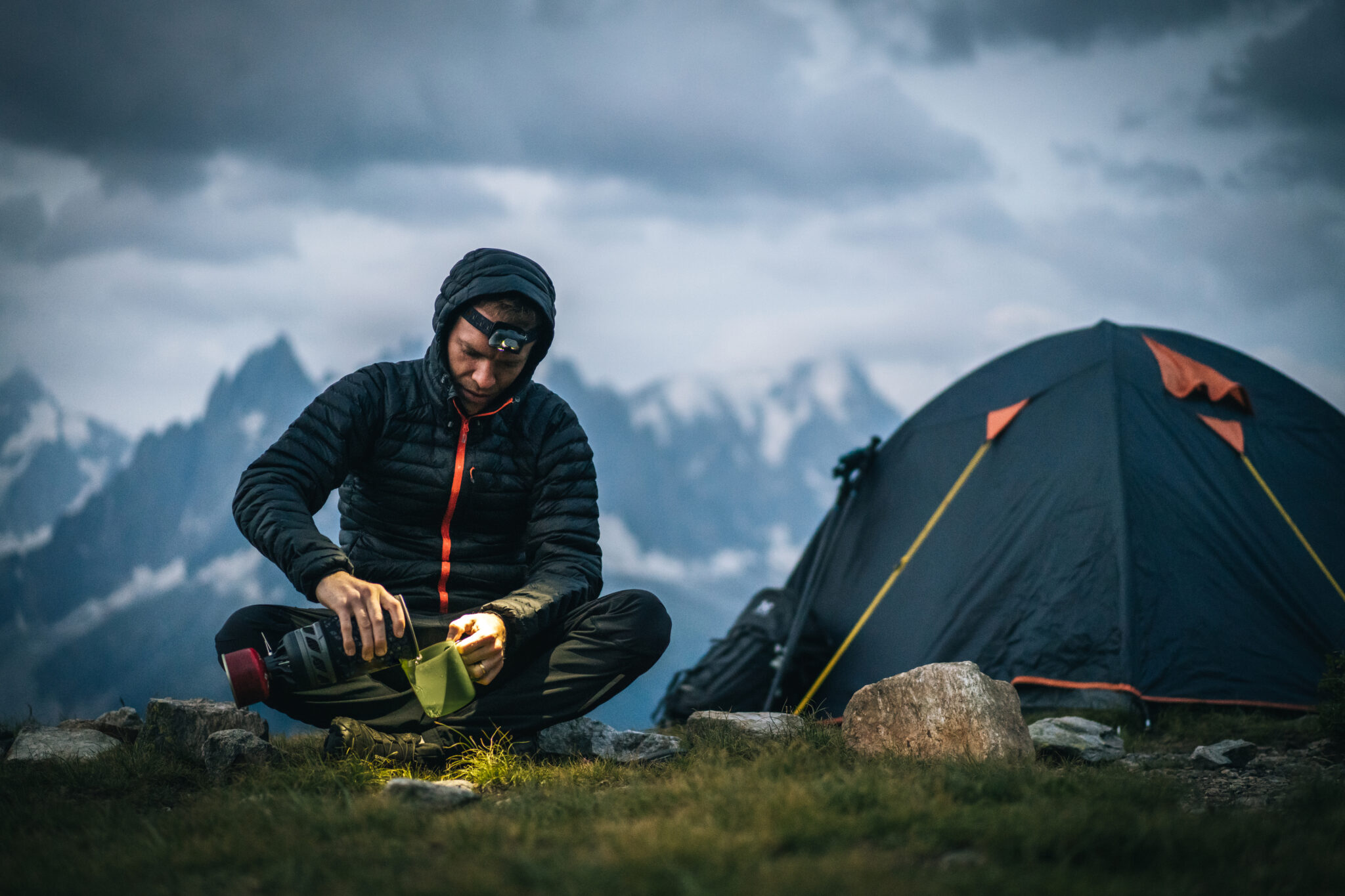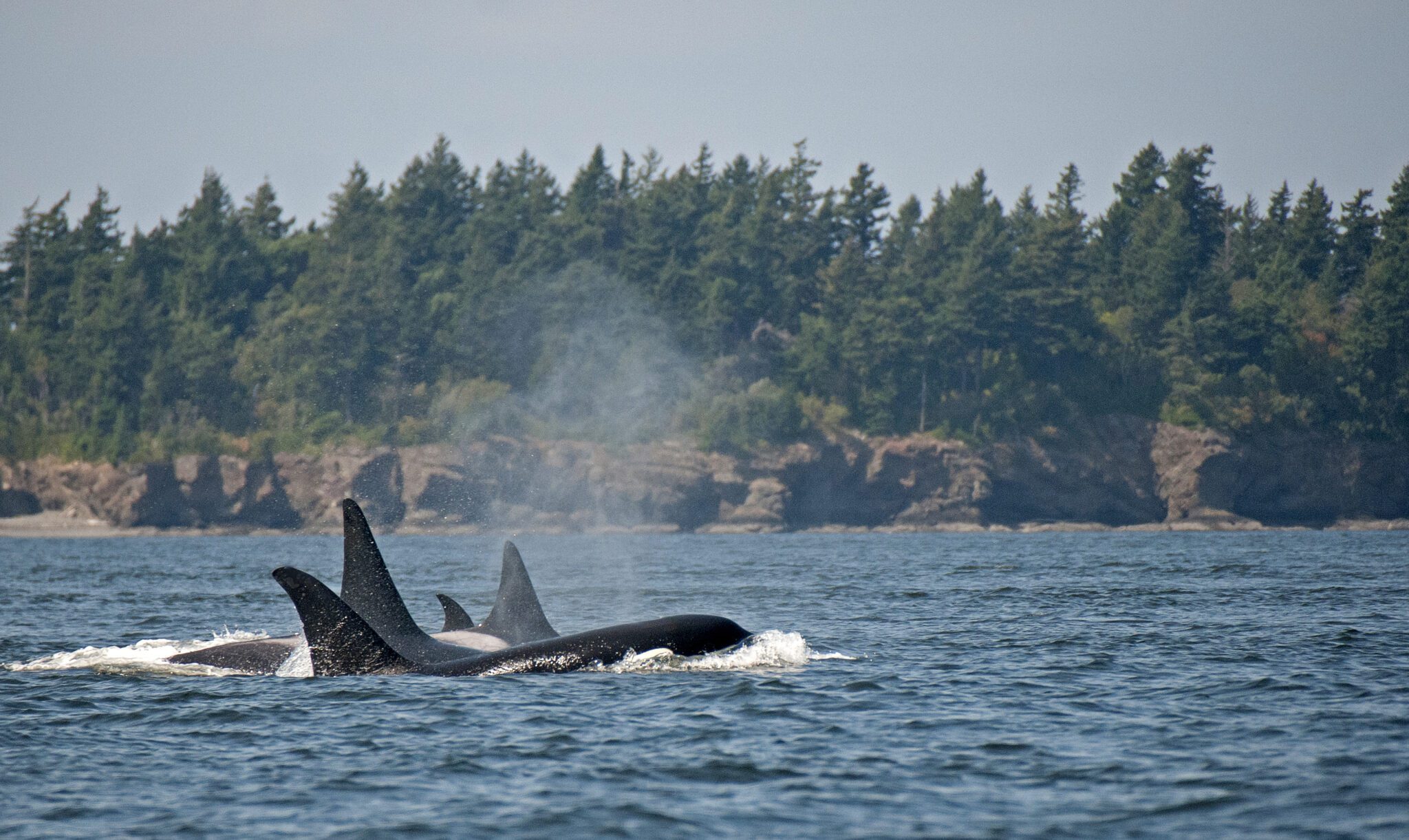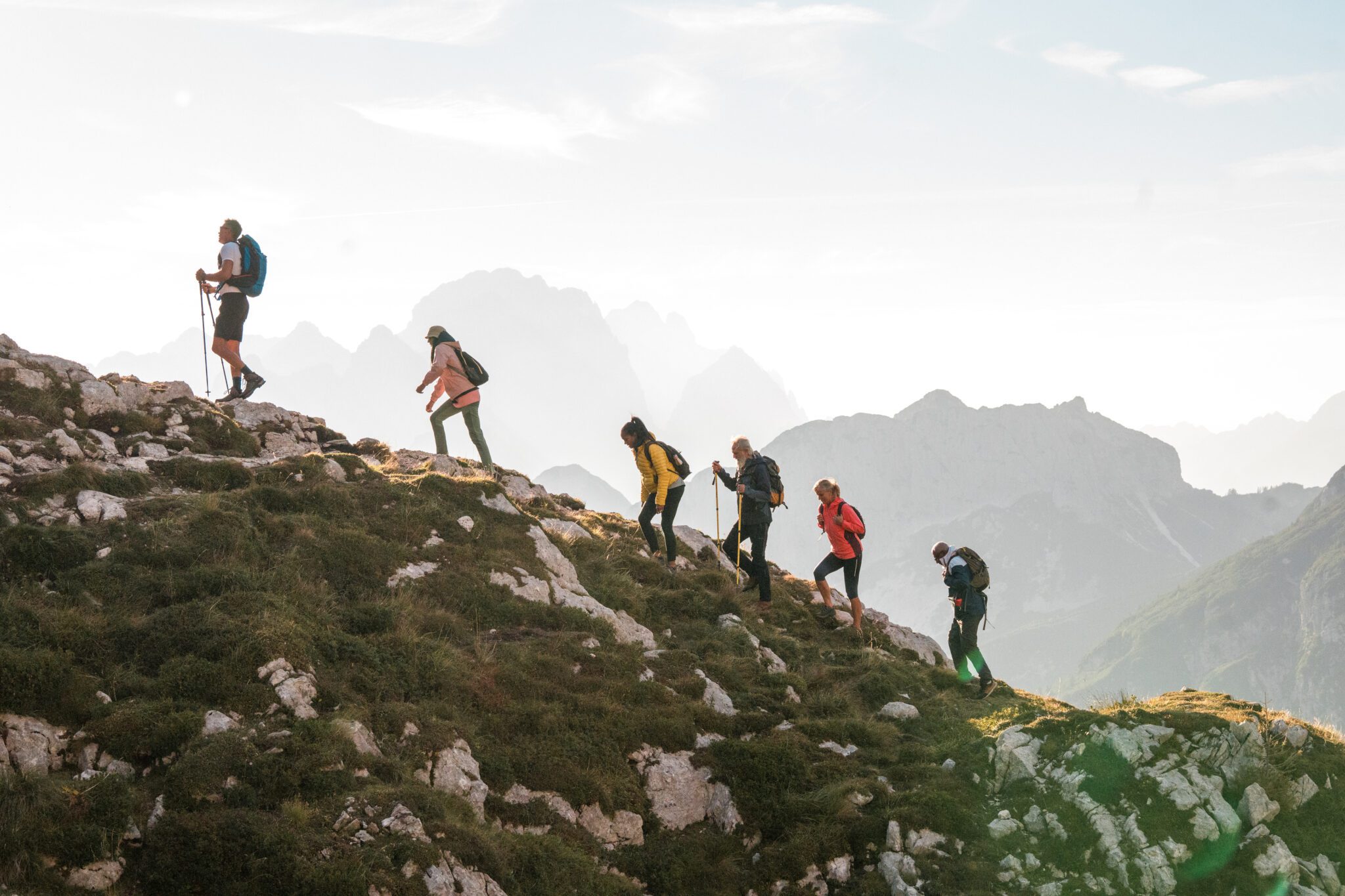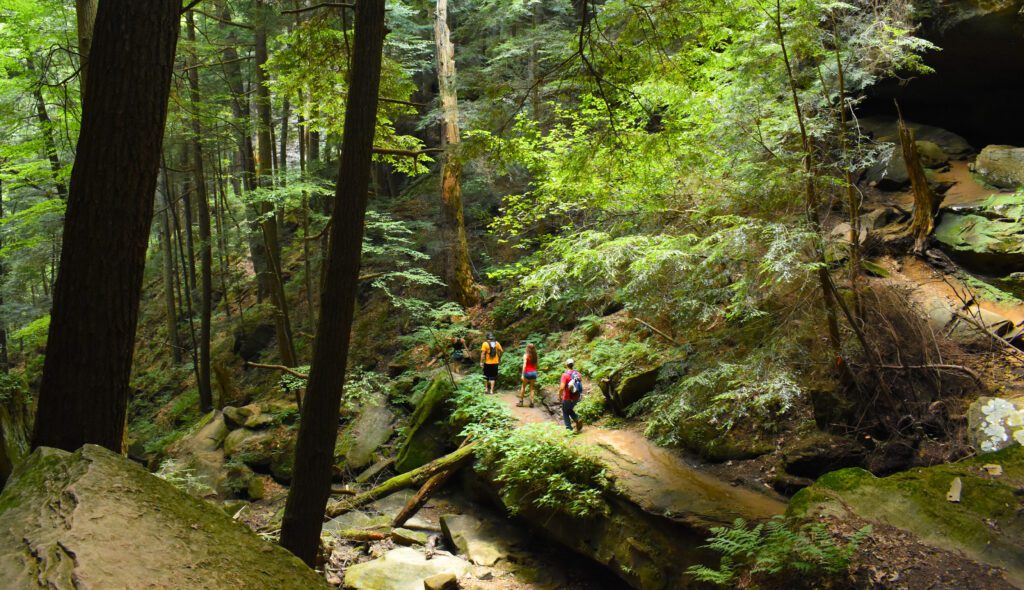Reducing emissions in textile production isn’t just an environmental responsibility—it’s a business necessity. Consumers expect brands to take meaningful action on sustainability, and regulations are pushing companies to reduce their carbon footprints. One of the biggest challenges? The fossil fuel-based heating systems used in textile manufacturing.
Traditional heating methods rely on coal, gas, or oil, making them a major source of greenhouse gas emissions. The textile and apparel industry alone contributes about 2% of global emissions, and with demand increasing, that number will only grow. If your brand is committed to lowering emissions, tackling the energy sources used in textile mills is a critical step.
A Practical Solution to Help You Reduce Emissions
To support this transition, Outdoor Industry Association, in partnership with Global Efficiency Intelligence and OIA member brands like Cotopaxi, L.L. Bean, New Balance, Patagonia, REI Co-op, and W.L. Gore & Associates, have launched the Textile Heating Electrification Tool. This open-source resource helps mills and brands transition from fossil fuels to electric heating by providing data on energy use, cost savings, and emissions reduction. It supports sustainability goals, regulatory compliance, and long-term efficiency.
Why This Matters for Your Brand
Sustainability goals can’t be met without action at the manufacturing level. The heating systems used in textile mills account for a significant share of supply chain emissions, and electrification is one of the most effective ways to lower them.
This tool provides clear, actionable insights to help businesses:
- Understand their current heating systems and identify where fossil fuel use can be reduced.
- Evaluate electric alternatives that work for different textile processes.
- Make informed investment decisions with data on costs, feasibility, and emissions reductions.
Andrew Dempsey, Director of Climate at REI Co-op, explained the importance of this issue:
“At REI, we believe progress on climate solutions happens through collaboration. Our goal is to cut emissions in half by 2030, but we can’t get there without working closely with our brand and manufacturing partners. Electric heat technologies are essential for decarbonizing textile manufacturing, and this tool gives us the data we need to move forward with confidence.”
Collaboration Makes Sustainability More Achievable
Developed under OIA’s Clean Heat CoLab, this tool embodies a collaborative approach to tackling industry challenges. OIA Impact CoLabs help brands and suppliers work closely, advancing sustainability goals more efficiently while lowering costs.
Julie Brown, Director of Sustainable Business Innovation at Outdoor Industry Association, highlighted the significance of this initiative:
“The launch of the Textile Heating Electrification Tool marks a major step in our industry’s collective effort to cut emissions in textile manufacturing. This tool combines expertise from across the outdoor industry to provide mills with the insights they need to transition to cleaner, more sustainable heating technologies.”
How to Get Started
This tool is designed to help businesses like yours take meaningful steps toward emissions reductions. If your brand works with textile suppliers, this is a resource that can drive real change.
Watch the webinar recording below and download our one-pager to start using this tool for smarter decision-making in your business.
Want to go further? Contact sustainability@outdoorindustry.org to get involved in OIA’s sustainability programs and work toward a lower-carbon future.











